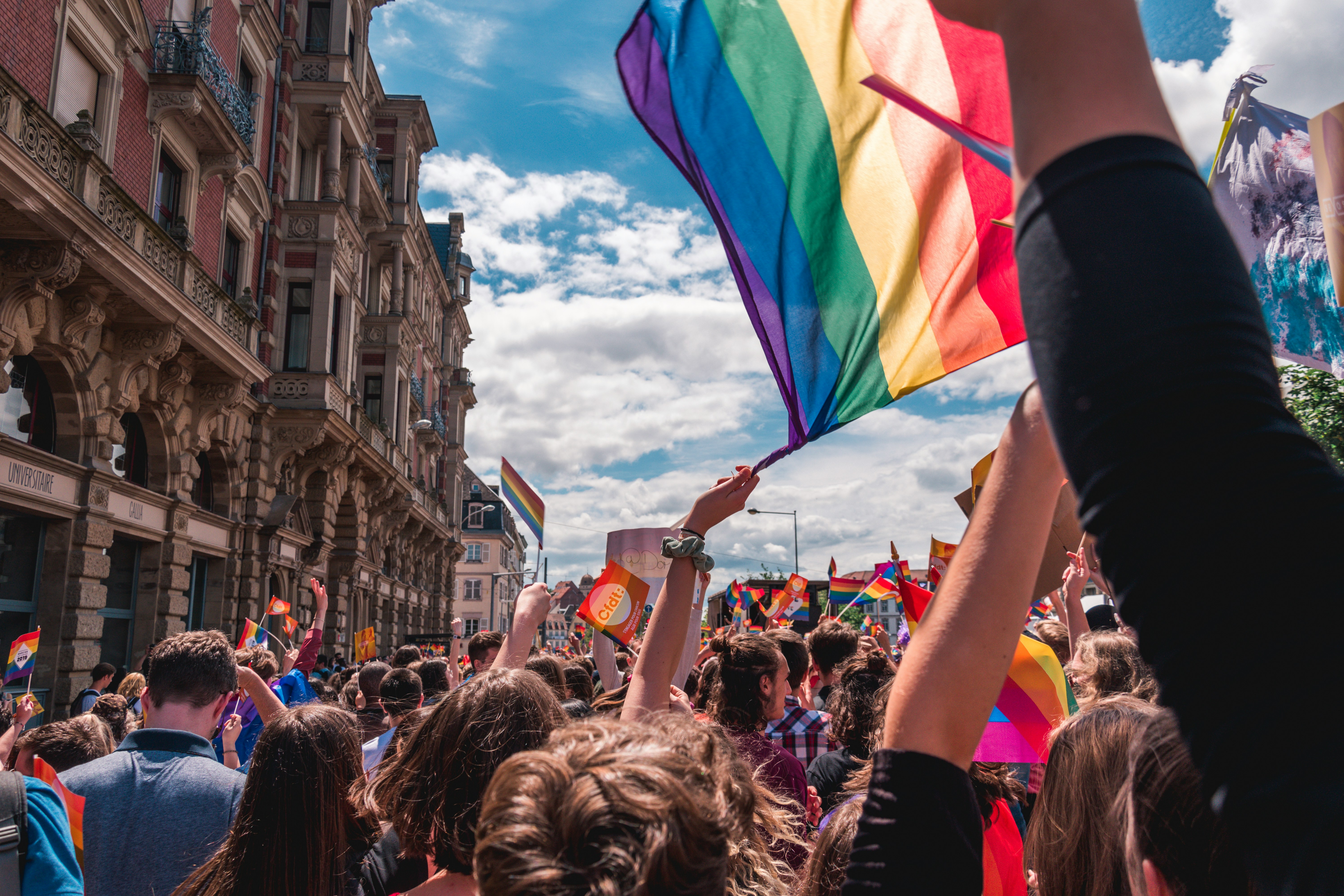The LGBT community has made strides over the past few decades. With the legalization of same-sex marriage and the acceptance of gay and lesbian culture in mainstream media, more and more people are shedding past prejudice towards the queer community.
However, negative attitudes and stigma towards gay men and women still exist in the United States, oftentimes because people are subjected to a long-standing belief that any sexual orientation other than being “straight” is immoral or a sin. This is called internalized homophobia.
While having these pre-existing prejudices may not be anyone’s fault, it can have a serious impact on your mental health.

What is homophobia?
The American Psychological Association defines homophobia as “dread or fear of gay men and lesbians, associated with prejudice and anger toward them, that leads to discrimination”.
Internalized homophobia is both a conscious and an unconscious reaction to external negative attitudes based on sexual orientation. Often times, internalized homophobia starts during the formative years of childhood and adolescence, with stereotypes and prevalent hatred growing over time.
These ideas and stigma often come from family members, religious organizations, peers, and other influential people in building a young person’s self-worth early on in life. In some cases, people who may realize early in life they are not heterosexual shield themselves in these ideologies, because their neighborhoods aren’t accepting of gay people or bisexual people.
Internalized Homophobia Among Gay People
LGBT people with internalized homophobia will try to hide their sexual orientation, denying it to themselves and others. This fear of “outness” can lead to significant mental health problems, including, but not limited to:
- Contempt and anger towards the LGBT community
- Maintaining secret relationships based on their sexual attraction
- Phobia of being around gay men, lesbians, bisexual, and others with queer sexual identity
- Engage in risky behaviors like excessive substance use
The mental health concerns that arise from internalized homophobia are often layered on top of other mental health issues that plague LGBT people, including major depression, anxiety disorder, and substance use disorders. Tragically, homosexuals and lesbians are four times more likely to attempt suicide during adolescence than heterosexual teenagers. The rate is three times higher for LGBT adults.
This is due to the greater rate of bullying, discrimination, and verbal and physical abuse brought on by social attitudes towards the LGBT community. After all, it was just half a century ago that homosexuality was classified as a psychiatric disorder that needed correction.
Today, mental health problems for LGBT people are now treated with acceptance and support to affirm their sexual identity. However, therapists may still have their own internal conflicts when it comes to internalized homophobia.

Therapy to Treat Internalized Homophobia
To better grasp our internal sexual prejudice as members of the LGBT community, it is important to seek out a therapist who is LGBT-informed.
Therapists who are informed on issues affecting the queer community create a safer place for LGBT patients to open on the mental health issues affecting them with an understanding of how these issues may relate to sexual and gender identity. Guiding principles for understanding sexuality within therapy include taking into account a patient’s environment. These factors are often impacted by biologically, psychologically, socially, and culturally.
It’s through better understanding the development of these emotions that a therapist can work into how their internalized homophobia transpired.
Many therapists have specialized training to work with the LGBT population and can help you work through and heal from your internalized homophobia. It is important to understand that internalized homophobia is not your fault, nor are your mental health conditions, and therapists are available to provide social support so you can improve your mental health.






